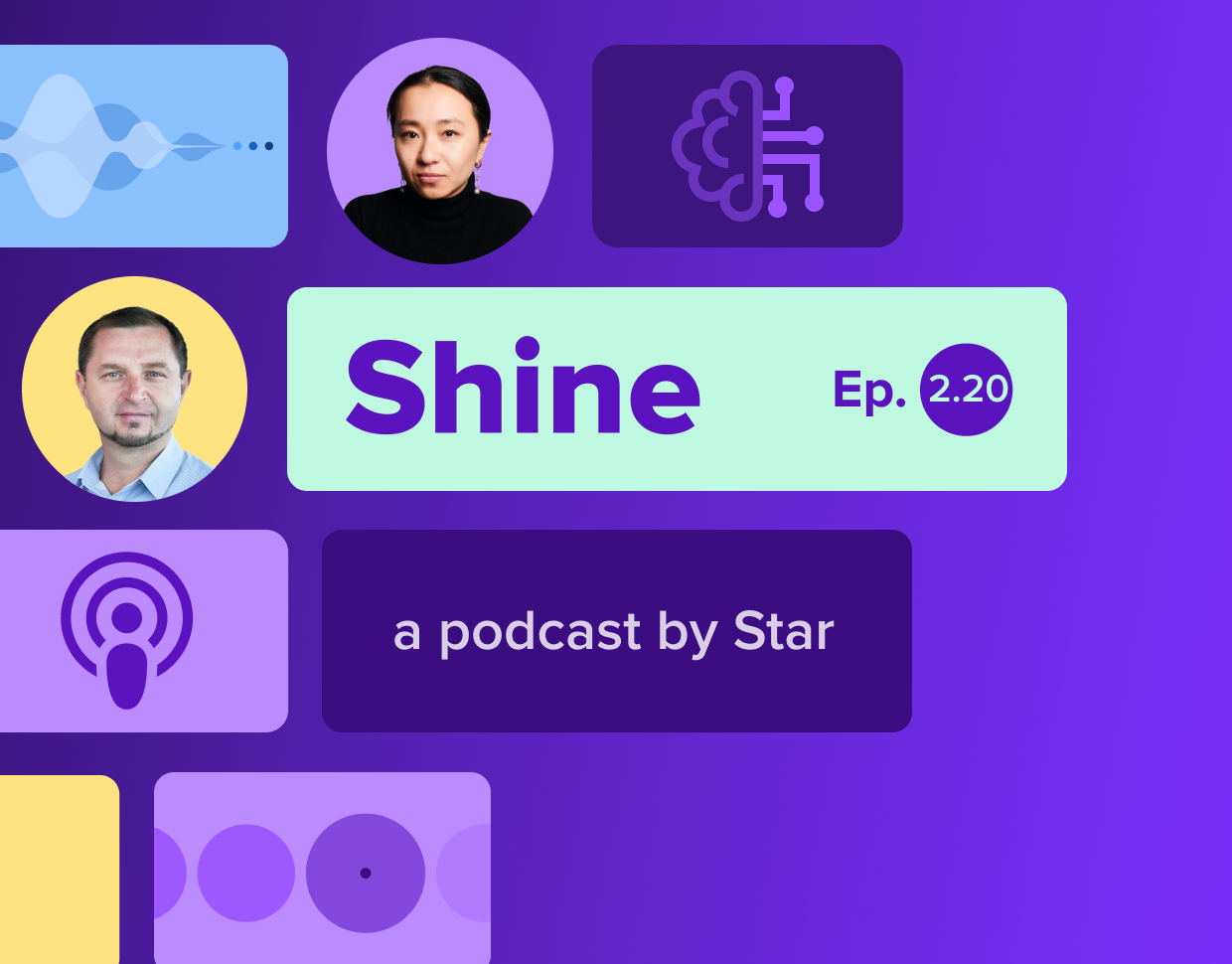The role of the CTO is more complex and nuanced than most other leaders might think. Of course, they are responsible for product decisions, but also for making infrastructure choices that can impact business transformation and determine the ultimate success of a business.
In today's software-defined competitive landscape, future business models are increasingly shaped by the technology decisions we make. One of the most critical pain points CTOs continue to encounter is the Buy vs Build dilemma – to buy pre-built digital solutions or roll up their sleeves and build them in-house. This decision can alter both the immediate capabilities of a business and its ability to establish a long-term competitive advantage. So it's important to have a long-term vision of what you want a business to achieve as you make these important choices.
Endgame Thinking: A future-driven approach
Endgame Thinking has been an invaluable methodology for helping me navigate this dilemma. It’s a future-driven approach that emphasizes having a clear goal – this is your endgame. By working backward from this vision, we can develop actionable steps and strategies to achieve it. The key to Endgame Thinking is ensuring that every decision we make today aligns with long-term objectives which in turn can reduce risk and increase clarity.
To establish your Endgame strategy, you have to work out what it is that you want, the operational realities and macro environment to chart the right roadmap. This approach has been extremely valuable for me as the leader and as an advisor to clients. It eliminates the guesswork from the complex choices CTOs make and as a result makes leaders more confident in their decisions.

Discover how we're shaping the future with Endgame Thinking
Scaling up: How company size impacts the Buy vs. Build decision
When it comes to Buy vs Build, the size and maturity of your organization naturally has an impact on the kinds of strategies and goals you can and want to set. For early-stage startups it often makes sense to purchase solutions from large providers. This requires less initial capital investment and allows for rapid integration, making them ideal for quick prototyping.
As your customer base grows and you scale, focus will naturally shift to the total cost of ownership. This is when building your own digital solution, either in-house or with a partner like Star, starts to make more sense. Developing customized solutions can offer lower costs and greater value alignment with your specific needs. It also helps build technological capabilities and infrastructure that can scale with your business.
For legacy Infrastructure in enterprises, Endgame Thinking can unify all key decisions under a single vision. Each organization is unique. I believe that having your own digital solution in a competitive landscape, where brand differentiation is increasingly based on software rather than hardware, is crucial. However, I don’t recommend making such decisions without a clear evaluation of existing infrastructure and a long-term view of what you’re trying to achieve.
Integrating AI into your endgame
At Star, we advise clients to look at the current capabilities of AI technologies and integrate these into their Endgame to see how it might impact or change the outcomes. This can be approached in a couple of ways:
- Incremental integration: Experiment by integrating some AI capabilities into your core value proposition and see how it can be enriched. If this aligns with your Endgame, plan the execution by identifying use cases where AI is applicable, analyzing the investment and capabilities, and assessing the return on investment. Look for additional revenue channels that AI might open up.
- Holistic transformation: Aim to transform your digital solution into an AI-first solution. Similar to the mobile-first transformation we have seen in the past, this shift can be significant. Consider a comprehensive transformation involving user exposure, functionality, staff training and implementation. As a CTO, rethink your digital solution’s architecture to incorporate AI deeply into your databases, infrastructure, and technologies like neural networks, LLMs, and multimodal AI applications.
Adapting to the evolving tech landscape
Endgame Thinking doesn’t mean that a goal is set in stone. The elegance of Endgame Thinking lies in its iterative nature. It's a clear, future-back planning process that allows for ongoing refinement. This is particularly important in the fast-paced world of AI, where innovation cycles are shorter than ever.
Regularly revisiting your endgame – more frequently in digital economies – ensures your long-term vision stays relevant. Ultimately, a core element of any CTO's endgame should be fostering a culture of adaptability within their organization. By building a scalable infrastructure and continuously revising your strategic course through Endgame Thinking, you can navigate the ever-changing seas of technology and ensure lasting value for your company.





